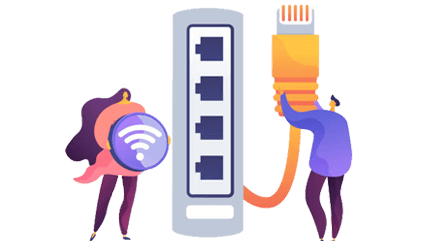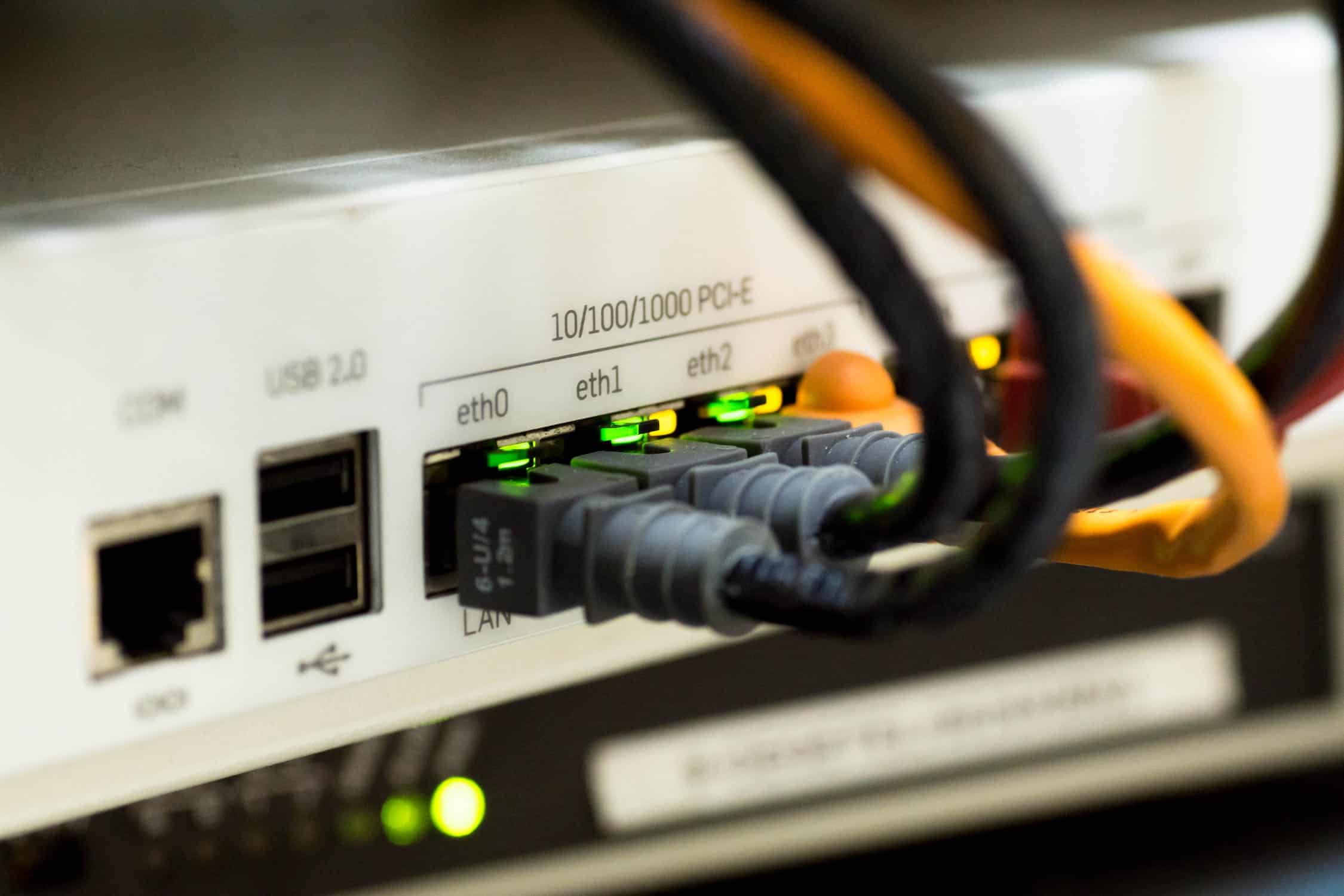1. Ethernet Cables
Ethernet cables are the most widely used networking cables, essential for creating local area networks (LANs). They come in several categories, each offering different speeds and bandwidth capabilities:
- Cat5e (Category 5e): Suitable for most home and small business networks, Cat5e cables support speeds up to 1 Gbps and frequencies up to 100 MHz.
- Cat6 (Category 6): Ideal for larger networks, Cat6 cables support speeds up to 10 Gbps over short distances and frequencies up to 250 MHz.
- Cat6a (Category 6a): Enhanced to reduce crosstalk and interference, Cat6a cables support 10 Gbps speeds over longer distances (up to 100 meters) and frequencies up to 500 MHz.
- Cat7 (Category 7): Offering shielding to reduce signal degradation, Cat7 cables support speeds up to 10 Gbps and frequencies up to 600 MHz, making them suitable for data centers and enterprise networks.
- Cat8 (Category 8): The latest in Ethernet technology, Cat8 cables support speeds up to 40 Gbps and frequencies up to 2 GHz, designed for high-performance data centers and server rooms.
2. Fiber Optic Cables
Fiber optic cables use light to transmit data, offering several advantages over traditional copper cables:
- Higher Bandwidth: Fiber optic cables support significantly higher bandwidth, making them ideal for high-speed internet connections and large data transfers.
- Longer Distances: Unlike copper cables, fiber optics can transmit data over much longer distances without signal loss.
- Immunity to Interference: Fiber optic cables are immune to electromagnetic interference, ensuring reliable performance in environments with high electrical noise.
- Future-Proofing: With the increasing demand for higher speeds and bandwidth, fiber optic cables provide a future-proof solution for network infrastructure.
3. Coaxial Cables
Coaxial cables, commonly used for cable television and internet connections, consist of a central conductor, an insulating layer, a metallic shield, and an outer insulating layer. They offer several benefits:
- Durability: Coaxial cables are robust and durable, capable of withstanding harsh environmental conditions.
- High-Frequency Transmission: These cables support high-frequency signals, making them suitable for video and broadband internet applications.
- Shielding: The metallic shield in coaxial cables reduces electromagnetic interference, ensuring a clear and reliable signal.



